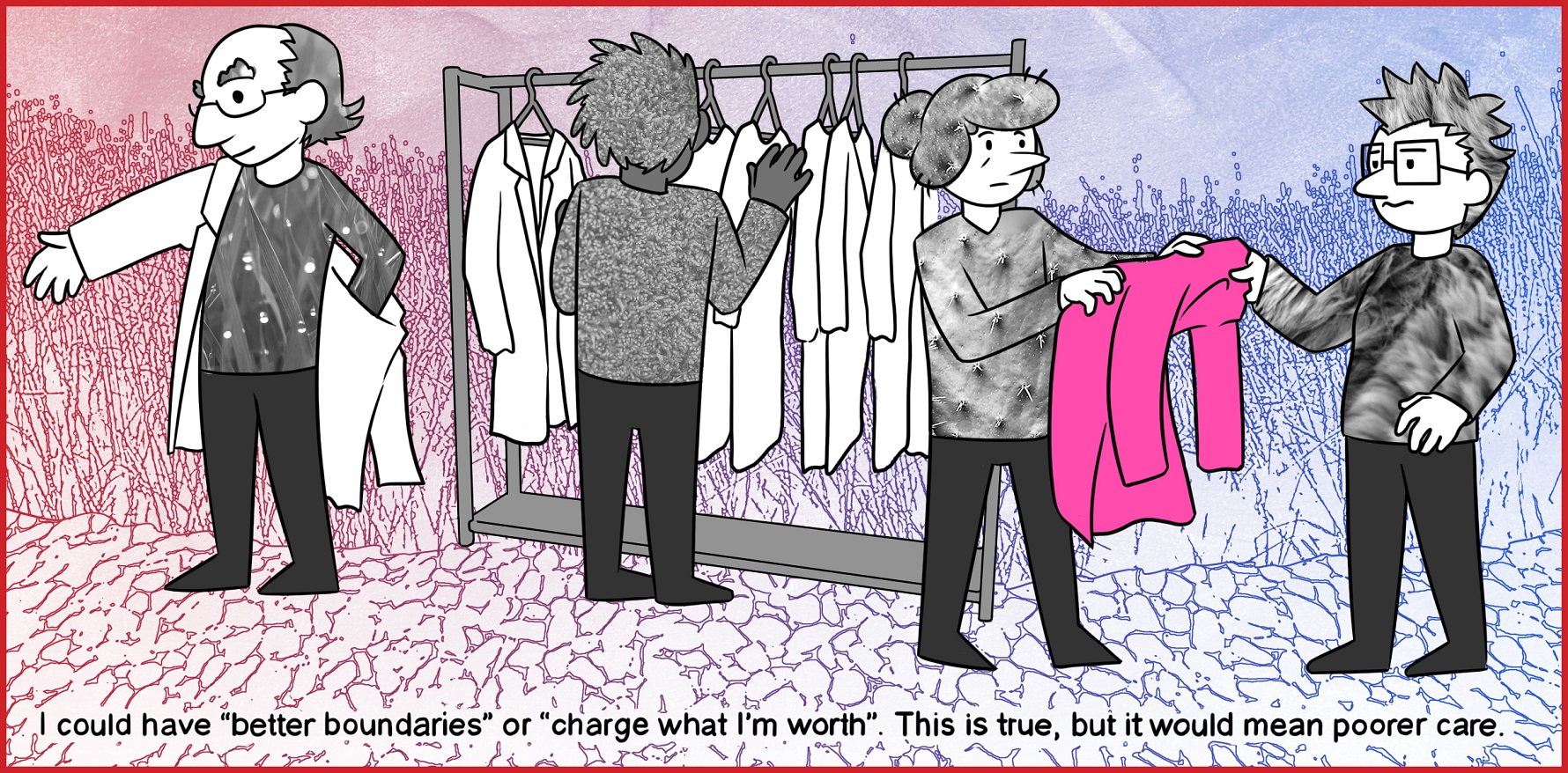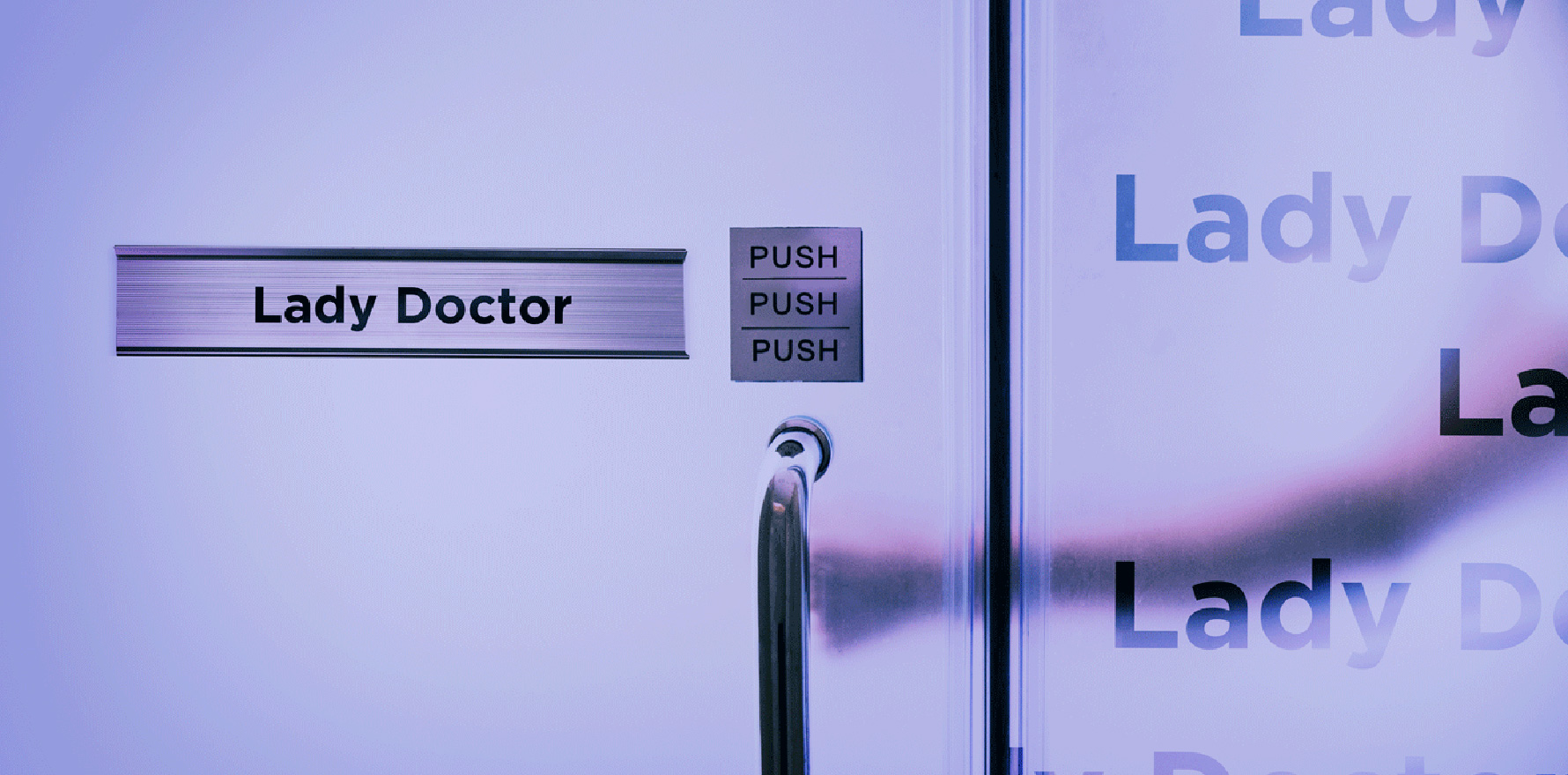Calls to fix the Medicare bias against longer consults have hit the mainstream this IWD, while researchers warn against the ‘glass cliff’ phenomenon.
The RACGP has renewed its calls for a 20% increase to mental health consults and long consults under the banner of International Women’s Day, arguing that Medicare systematically disadvantages female doctors.
It’s a phenomenon that The Medical Republic has published a wealth of articles about over the last several years.
It’s also borne out in the data.
Results from last year’s Health of the Nation report found female GPs spend about five minutes longer on each consult.
Where six in 10 male GPs report mental health as one of their top three reasons for presenting, it was to eight in 10 among female GPs.
This wouldn’t be a problem, except for the fact that Medicare remuneration for time-based consults get lower per minute and successive funding reforms have left mental health rebates behind.
“There is a significant gender pay gap that we are continuing to see, despite the fact that we’re in 2024,” RACGP WA chair Dr Ramya Raman said.
“And that’s part of the reason that we’re calling for a 20% increase in patient Medicare rebates, subsidies for longer consultations and mental health.”
Dr Raman acknowledged that a 20% boost wouldn’t fix the problem but said it would be a step in the right direction.
“It’s about understanding the complexity of the care and also noting that more women are choosing to specialise in general practice,” she said.
Related
Around 60% of GPs in training are female, and the last two presidents of the RACGP have also been women.
The presidents of the medical colleges for surgeons, physicians and psychiatry are all women, and the colleges of intensive care, emergency medicine and anaesthetics have all elected a female leader in the last three years.
Covid-19 saw a swell in female leadership in medicine, a phenomenon that the MJA said was emblematic of the “glass cliff” concept.
“The glass cliff phenomenon, drawn from the glass ceiling concept, refers to the tendency for women and other minoritised people to be appointed to leadership positions in times of crisis, compared with periods of stability,” researchers Dr Melissa Wheeler and Dr Laksmi Govindasamy wrote.
“This is because, when circumstances are bad, change is both desired and needed, and women and other minoritised people are often pushed forward as visible signals of change.”
Due to the nature of leadership in a crisis, the role tends to be a poisoned chalice.
Too many gender equity initiatives fail, the authors argued, because they focus on professional development and ignore the structural barriers preventing women from taking up leadership roles.
“While there is much to celebrate with the increased visibility of women medical leaders, we must be mindful of the potential pitfalls associated with the glass cliff phenomenon and the increased demands and expectations that may be faced by leaders of minoritised identities,” they said.







